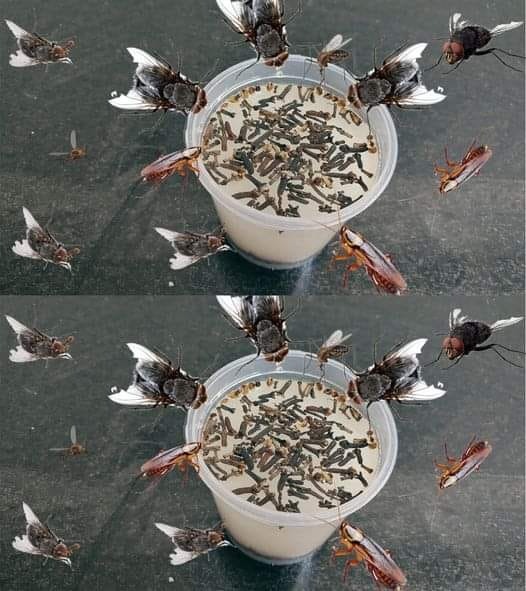How Chin Hair Can Affect a Woman’s Life
The impact of chin whiskers goes far beyond the mirror. Here are ten common effects women may experience:
-
Feeling embarrassed or self-conscious
-
Anxiety over appearance
-
Costly and time-consuming hair removal routines
-
Skin irritation from frequent removal
-
Hesitancy in social situations
-
Low self-esteem and body image issues
-
Compulsive grooming behavior
-
Avoidance of close interactions
-
Worry about potential health issues
-
Depression or anxiety stemming from it
Emotional and Psychological Effects
For many women, facial hair can take a toll emotionally. It’s not just about appearance—feelings of shame or discomfort can lead to social withdrawal, low confidence, or persistent anxiety. Cultural beauty ideals often demand smooth, hair-free skin, intensifying the pressure women feel. Addressing these emotional impacts through support groups or counseling can be an important part of managing this condition.
Cultural Expectations and Shifting Attitudes
Society plays a powerful role in shaping how women view facial hair. In many cultures, visible facial hair is stigmatized, contributing to feelings of inadequacy or a sense of not fitting beauty norms. Thankfully, body positivity movements and broader conversations about self-acceptance are beginning to shift these outdated standards. Some women are now choosing to embrace their natural hair and redefine beauty on their own terms.
Hair Removal Options: From Quick Fixes to Long-Term Solutions
There’s no one-size-fits-all solution when it comes to facial hair removal. Popular short-term methods include:
-
Tweezing
-
Waxing
-
Shaving
-
Depilatory creams
For more lasting results, consider:
-
Laser hair removal – targets hair follicles to slow growth
-
Electrolysis – permanent hair removal option
-
Prescription creams like eflornithine – reduce hair growth rate
It’s important to match your hair removal method to your skin type and sensitivity. Consulting a dermatologist can help avoid irritation and choose the safest route.
When to See a Doctor
If facial hair growth increases suddenly or is paired with other symptoms—such as irregular periods, acne, or weight gain—don’t ignore it. A medical evaluation may include hormone testing, blood panels, or imaging to check your ovaries or adrenal glands. Identifying any medical condition early can lead to better treatment outcomes and peace of mind.
Natural Remedies and Lifestyle Adjustments
Alongside medical treatments, lifestyle changes can support hormone balance and reduce symptoms. These include:
-
Maintaining a healthy weight, especially for PCOS sufferers
-
Eating a nutrient-rich diet with plenty of vegetables, fruits, and whole grains
-
Drinking spearmint tea, which may have anti-androgen effects
-
Practicing stress management through yoga, meditation, or other calming routines
While these remedies aren’t a cure-all, they may provide noticeable improvements over time.
Final Thoughts: Confidence Over Conformity
Chin whiskers can be bothersome, but they’re not something to be ashamed of. With the right knowledge and tools, you can manage them in a way that suits you—whether that means removing them or embracing them as part of who you are. The most important thing is choosing what makes you feel empowered and at ease in your own skin. You're not alone, and support is always available.






